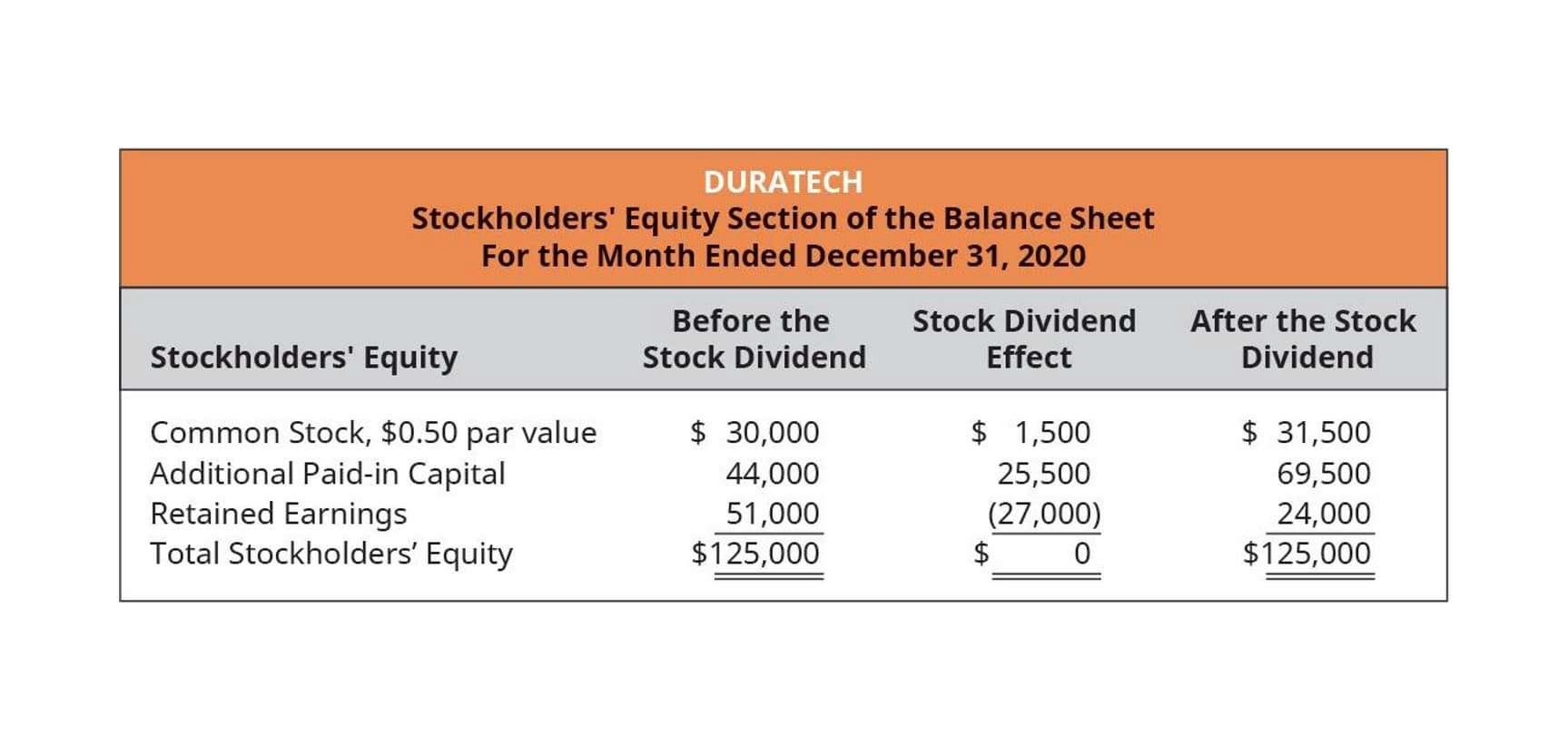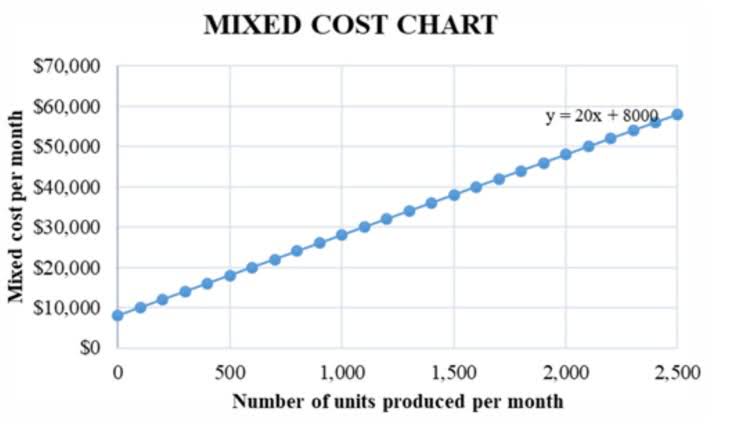
Many PSPs enable businesses to accept payments or transfers in multiple currencies. The industry standard for merchant accounts is still a three-year contract with an automatic renewal clause that renews for a one or two-year period after the initial term. Plenty of reputable merchant account providers offer month-to-month agreements that you can terminate without racking up expensive fees. Payment service providers (PSPs) enable businesses to accept all types of payment methods from customers. This article explores how PSPs work, their benefits and how businesses can choose the right PSP to fit their needs.
- Payment amounts are based on the sum total of provider and/or staff full-time equivalents (FTEs) with a set amount paid per FTE.
- Typically, you can expect a thorough vetting process as your individual business’s risk is assessed.
- To cater to diverse markets and customer preferences, it’s beneficial to accept multiple currencies on your website.
- Selecting an online payment service provider involves understanding your payment requirements and finding the PSP that meets them.
- A payment service provider (PSP), also known as a merchant service provider, is a third-party entity that facilitates electronic payment transactions for merchants.
- Generally, a merchant account is laser-focused on payment processing, while a third-party processor takes a much different approach to serving merchants.
Implications of a Switch-Hold for Consumers
- The streamlined setup, diverse payment acceptance, detailed report, and emphasis on security make PSPs a valuable solution for businesses looking to manage transactions efficiently.
- While Payment Gateways are a part of electronic payment systems, they are different from PSPs.
- Their multi-currency processing helps businesses to expand beyond local markets.
- Now you’ve seen all that payment service providers have to offer, but they aren’t the only option.
- Payment processing is among the services provided by payment service providers.
- Any business that wants to seamlessly accept multiple payment methods — including credit and debit cards, as well as digital and alternative payment methods — could benefit from a PSP.
For global online sales, prioritize the globally favored payment methods in ecommerce like digital bookkeeping wallets, cards, account-to-account transfers, and buy-now-pay-later services. With a PSP, you get a merchant account through them, and they handle the payment processing, eliminating the need for finding or setting up a separate payment gateway. They consolidate customer businesses into a single, large-scale merchant account, negotiating favorable processing rates based on their high transaction volumes.
- A payment orchestrator will then let you set up custom payment routes based on your findings.
- Understanding the fundamentals of payment gateways not only supports operational efficiency but also enhances customer satisfaction.
- “Integrated payments support industries by allowing business owners to focus on their service quality, rather than managing separate systems,” said Anthony Tippett, SVP of Payments at DaySmart.
- At Primer, we’ve integrated network tokenization into our platform to improve payment security and success rates across multiple PSPs.Each token is uniquely tied to a specific merchant and customer combination.
- Payment service providers may have set limits on transaction size and processing volume.
- To illustrate, an international online retail store can streamline its checkout process using comprehensive PSP services.
Industry Intel
Integrated systems also foster customer loyalty through seamless, centralized data and automated reconciliation, creating a smooth, efficient environment for both customers and businesses. Across industries and use cases, consumer research consistently shows the payments experience to be a major factor in overall satisfaction. Simply put, consumers and business users don’t view payments as separate; the payments function is central to how the brand and the solution are perceived. Software compatibility is another important consideration when selecting a Payment Service Provider. That said, try going with the service that is compatible with the CRM system and other software that you already have in place.
Why Use a Payment Service Provider?

We deliver timely updates, interesting insights, and exclusive promos to your inbox. Whatever your payments challenge, get in contact with a member of our team to see how we can help. Since 2008, we’ve helped financial institutions, iGaming operators, corporates, NGOs and payment service provider others move money to the right places quickly, easily and securely.

The downside of quick approval and setup is an increased chance of having your account frozen or canceled if your business is suddenly deemed too risky. The extra vetting process merchant account providers require may be stressful, but it helps ensure that your account will stay in force over the long haul. A typical PSP payment works as follows; the buyer initiates a purchase from an online platform, or a website and chooses a payment method (credit card, debit card, digital wallet, etc.).


On top of that, some PSPs provide detailed payment reports and analytics, giving you insights that can help you make informed decisions. By embracing the integration of multiple PSPs within a Unified Payments Infrastructure provider like Primer, businesses can transcend the constraints of a singular approach. “Most Legal E-Billing payment solutions aren’t very user-friendly—you need to have a deep understanding of payments to have any chance of using them. With our Observability platform, you’ll be able to see, at a glance, how all your PSPs are performing and slice and dice the data in any way required. You can, for example, check authorization rates across the past 90 days for a specific processor. A key benefit of using a payment orchestrator is quickly integrating with a new processor without the development effort.